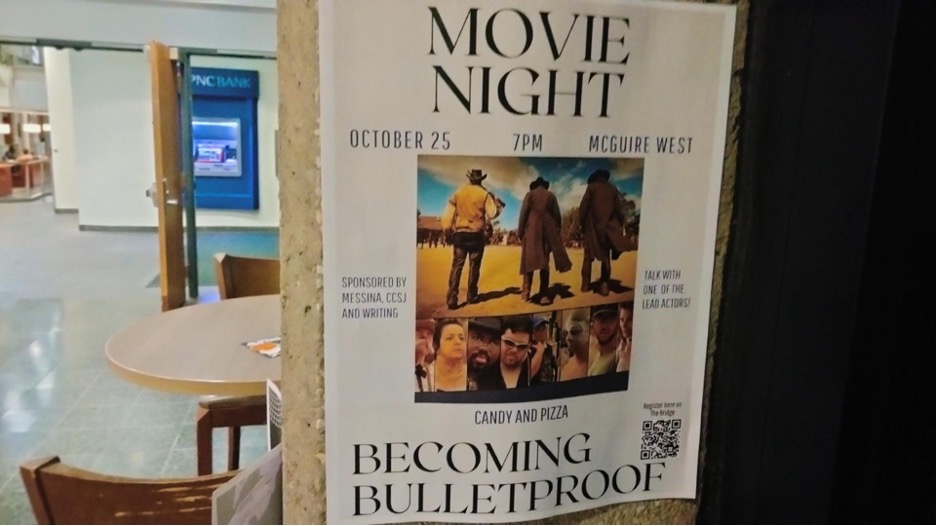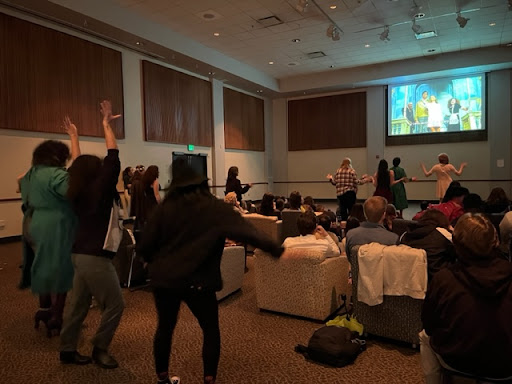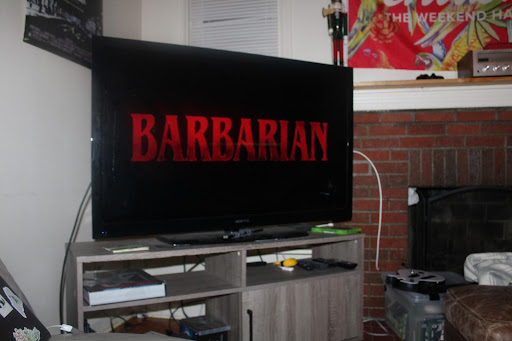Captain Phillips is not a hero. In fact, the real-life captain’s crew regards him as a careless, arrogant man. According to the New York Post, the crew begged him to move further out to sea beyond the reach of pirates, yet he refused to be persuaded. At the time of the Maersk Alabama’s hijacking, 16 other cargo ships had been attacked in the same region within a three-week period, which Phillips ignored to save time and shipping costs with his shore-hugging route. The crew then mutinied and locked themselves beneath the deck for their own safety once they were finally boarded. I reiterate: Captain Phillips is not a hero. With Hollywood being Hollywood (and God bless it), the true story has been stretched from one of a captain not worth his salt into one of unmatched heroism. All ethical implications aside, Tinsel Town’s version certainly makes for a better story, and with Tom Hanks as the lead, far easier to sell.
The story begins with Captain Richard Phillips at the helm of his cargo ship on a route from Oman to Mombasa, passing through treacherous Somali waters. At the same time, we’re introduced to the pirates – a ratty group of bony Somalis looking to satisfy their wealthy overlords.
The pirates cruise out on their shoddy skiffs to try to overtake the Alabama, failing once, then succeeding the second time around, with four Somalis climbing aboard, AK-47s in hand. As possession of the ship changes hands, Phillips and his immediate crew are held hostage on the bridge while the remaining crew locks themselves in the engine room, as is protocol. From there, it becomes a battle of the wits between Phillips and the leader of the pirates, Muse.
If it sounds riveting, that’s because it is… at first. The pacing created by director Paul Greengrass is effective for a time, raising and lowering tension every few minutes, keeping the audience on the edge of their seats. Certain scenes in particular (I won’t give them away) are downright harrowing. However, by the end of the movie, the all-too-frequent squabbles become repetitive and frankly, boring.
Hanks portrays the true Phillips well – as the sweaty, jabbering fool that he is. The pirates, on the other hand, play roles as static as the seven dwarves from Snow White – there’s Violent Somali, Innocent Somali, Bossy Somali and Loyal Somali. With each placeholder character comes a signature facial expression, whether it be eye-popping rage or slack-jawed confusion, and with each predictable turn they take, the audience’s patience wanes.
Though Phillips is made out to be the protagonist in the film, the real heroes are the American military. Much like the Transformer series, the bearers of Ol’ Glory swoop down and save the day Deus Ex Machina style with their superior technology in a rather unsettling way. Though they did actually save Captain Phillips in real life and are a force to be respected, their portrayal (as well as the portrayal of America) borders on propaganda. The whole second half of the film plays out like one big commercial defending America’s global power (imperialism, if you want to go there). If bald eagles flew above the destroyer wing-fiving, chugging Coors Lite and rocking out to Ted Nugent, I wouldn’t have batted a lash.
What could have (and probably should have) been emphasized was the plight of the Somali pirates. In a one-off line, Muse mentions that he was a fisherman and that bigger ships came and robbed the ocean of its bounty. That’s fine – it’s compelling and totally believable. However, the struggle between right and wrong, aggressor and victimized, could have been played up far more, giving emotional weight to the actions of the Somalis. In reality, these men are poor and given few choices in life, forced into crime by violent gangs. In Captain Phillips, they’re painted as barbaric, money-hungry fiends, and it’s a missed opportunity for a portrayal of deeper characters.
This film could have been an honest look at the first hijacking of an American ship since the 19th century. Instead, we’re given a watered-down, idealized version that even Hanks can’t resuscitate.











































































































